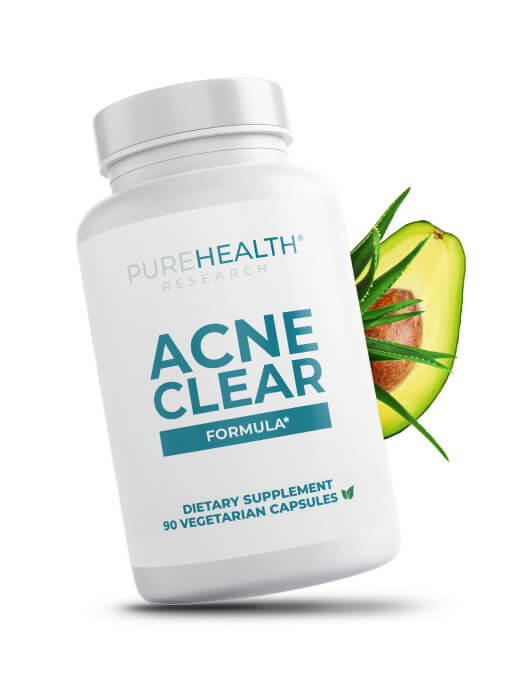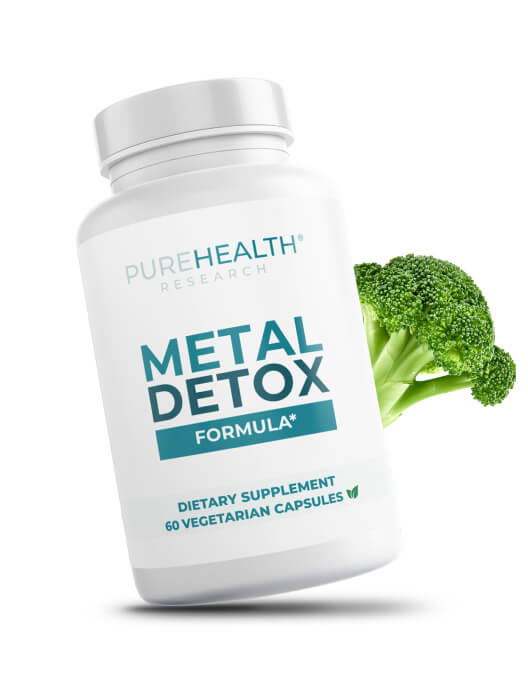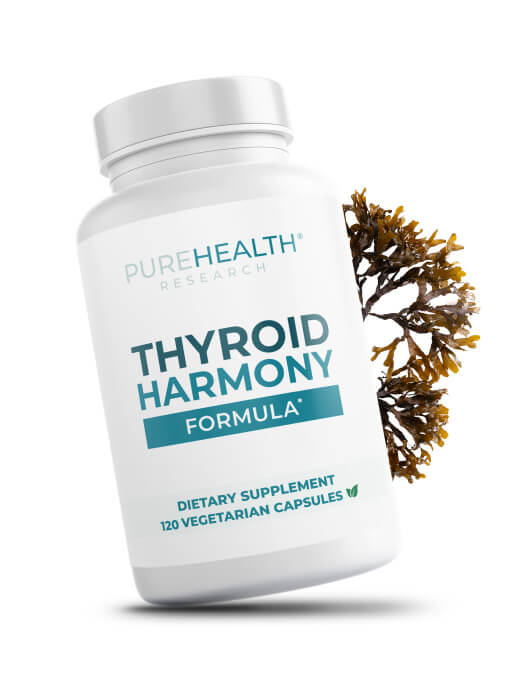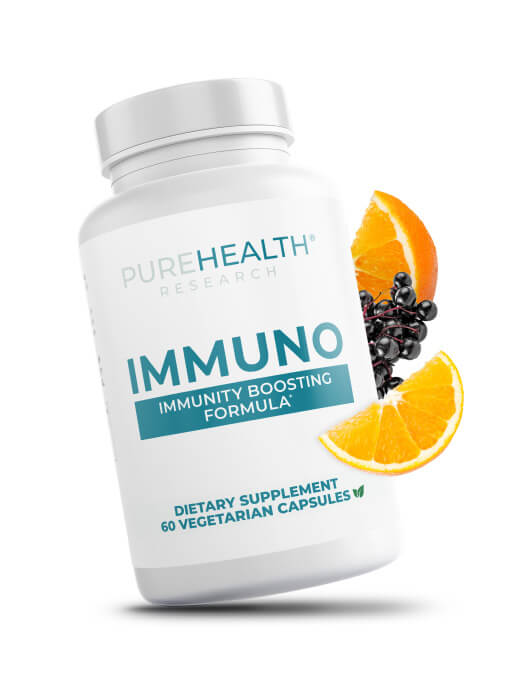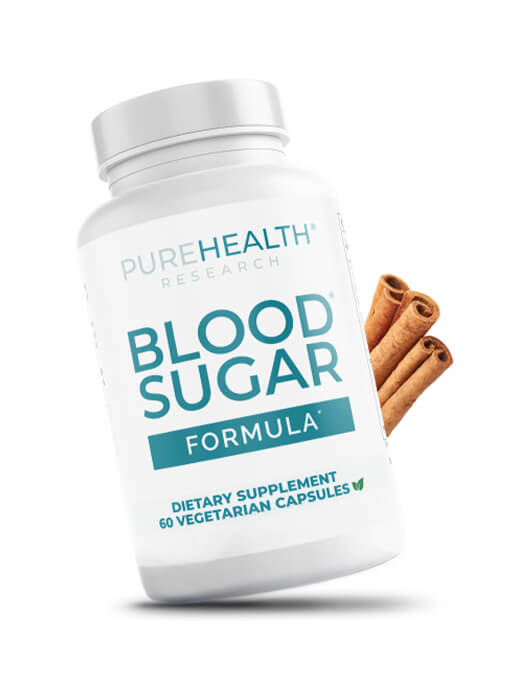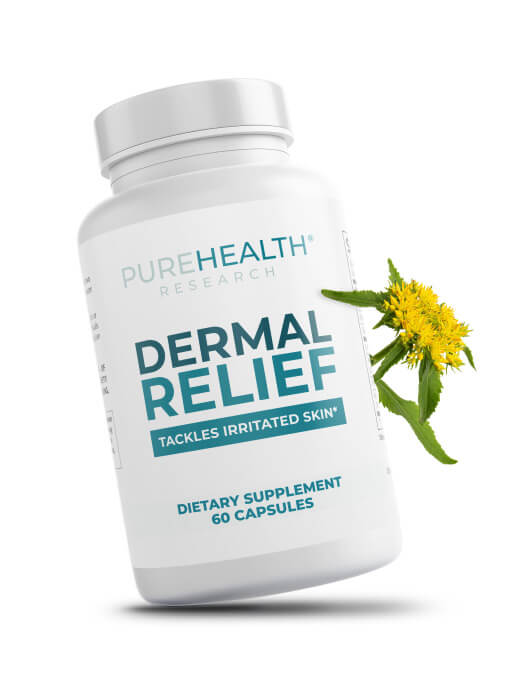Zinc
- Latin Name: Zincum
- Common Name: Zinc
- Family: Metallales
- Source: Naturally found in foods like meat, shellfish, and seeds, or produced synthetically for supplements

What is Zinc?
Zinc is a trace mineral that plays a key role in various aspects of health, especially important for those in their golden years. This essential mineral supports your immune system, helps maintain clear skin, and plays a part in keeping your sense of taste and smell sharp as you age.
Benefits of Zinc
Immune Support
Zinc supports your immune system by supporting the development of immune cells, helping your body fight off illnesses. This support is especially valuable as immune function tends to decrease with age.
Cognitive Health
Zinc can assist in maintaining cognitive function, helping keep your mind sharp and potentially reducing the risk of age-related cognitive decline. It supports neurotransmitter function, which plays a role in memory and learning.
Sensory Function
Zinc supports the senses of taste and smell, which can sometimes diminish with age, helping you maintain these important sensory functions. This also contributes to appetite and quality of life, especially as sensory changes can impact food enjoyment.
DNA and Cell Health
Zinc is essential for DNA synthesis and cell division, supporting growth and repair processes that are key for overall health. It plays a critical role in maintaining healthy skin, hair, nails, and other rapidly dividing cells.
Immune Support
Cognitive Health
Sensory Function
DNA and Cell Health
Zinc Benefits for Skin
Skin Healing and Soothing
Zinc can help reduce redness and soothe irritated skin, making it a great choice for those with sensitive skin. Its anti-inflammatory properties can also support skin recovery from environmental stressors.
Collagen Support
It supports collagen synthesis, contributing to skin firmness and elasticity, which is essential for maintaining a youthful appearance as skin naturally loses elasticity over time.
Blemish Management
Zinc promotes faster wound healing, which may improve the appearance of blemishes and reduce scarring, helping keep your skin clear.
Oil Regulation
Zinc may help balance oil production, potentially reducing breakouts by keeping pores clear and skin balanced. By regulating sebum levels, zinc could also reduce the appearance of enlarged pores for a more refined complexion.
Skin Healing and Soothing
Collagen Support
Blemish Management
Oil Regulation
Zinc for Women and Men
Zinc is essential for both women and men, supporting immune health, metabolism, and skin. For those wondering what does zinc do for men, it plays a critical role in sperm production, prostate health, and hormone regulation. Additionally, zinc may help maintain healthy testosterone levels, which are important for energy, muscle strength, and overall male vitality.
In women, zinc supports hormone balance and reproductive health, which are especially beneficial during life stages like pregnancy and menopause. Regular zinc intake can contribute to overall well-being and vitality for both men and women as they age.
PureHealth Research Products with Zinc
Zinc Supplement Dosage
Ensuring you get the right amount of zinc is essential for maintaining your health, particularly in your senior years. The recommended daily amount of zinc for adults is:
Group
Recommended Daily Amount (mg)
Men
11
Women
8
Pregnant Women
11-12
Breastfeeding Women
12
Note: If you’re wondering about the best time to take zinc supplements, it’s generally recommended to take them 1-2 hours before a meal. However, if zinc causes stomach discomfort, consider taking it with food.
Interaction with Other Ingredients
Magnesium and zinc complement each other by supporting many shared functions, such as immune health, nerve function, and muscle health. Taking both minerals can enhance their individual benefits. Wondering, can you take zinc and magnesium together? Yes, it’s safe, and combining them can be beneficial for overall wellness.
The combination of zinc and vitamin C can also be particularly helpful for maintaining immune health and supporting skin and tissue repair. Unlike some minerals, zinc and vitamin C do not interfere with each other’s absorption, making them easy to take together. Can you take zinc and vitamin C together? Absolutely - these two nutrients can work well in tandem to strengthen your immune response and support overall health.
Foods High in Zinc
Incorporating zinc-rich foods into your diet is a great way to meet daily needs naturally. Here are some some of the best sources:
- Seafood (Oysters, crab, lobster)
- Red Meat and Poultry (Beef, chicken, pork)
- Beans and Nuts (Chickpeas, lentils, cashews, almonds)
- Whole Grains and Dairy Products (Quinoa, whole wheat, yogurt, cheese)
Side Effects
Zinc is important for health, but taking too much can cause side effects. Common issues include nausea, vomiting, or stomach upset, especially when taken without food. Over time, high doses may block copper absorption, which could lead to a deficiency.
Excess zinc can also weaken the immune system or cause anemia. Some people notice a metallic taste or get headaches. To avoid problems, stick to the recommended daily amount and talk to your doctor before using supplements.
FAQ
References
Can You Take Zinc and Magnesium Together?
Yes, zinc and magnesium can be taken together. Both minerals play essential roles in bodily functions, and they complement each other. However, it's best to take them with food to enhance absorption and reduce potential stomach discomfort.
Can Zinc Cause Constipation?
Zinc supplements typically do not cause constipation, but in some cases, high doses might lead to digestive discomfort, including nausea or upset stomach. If constipation occurs, it's recommended to adjust dosage or consult a healthcare professional.
Does Zinc Make You Nauseous?
Yes, zinc can cause nausea, especially when taken on an empty stomach or in high doses. To avoid this, take zinc with food and follow recommended dosages to reduce the risk of gastrointestinal discomfort.
Does Zinc Help With Colds?
Yes, zinc may help reduce the duration and severity of colds. It supports immune function and, when taken within 24 hours of symptoms, can shorten the length of a cold, though more research is needed for definitive conclusions.
